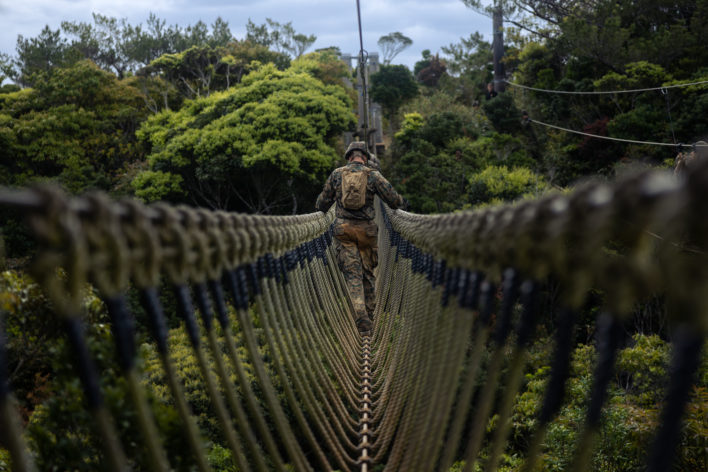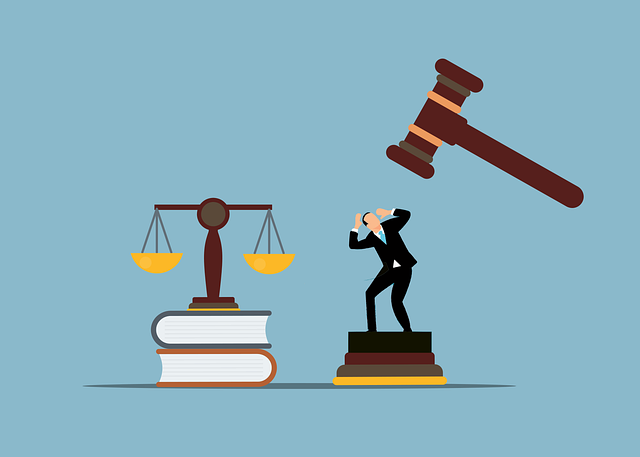Make The Connection: Promoting Mental Health

May is Mental Health Awareness Month, which is a perfect time to talk about an initiative from the Department of Veterans Affairs (VA) called Make the Connection.
Make The Connection: A Mental Health Resource
The VA has collected stories from veterans who explain the challenges they’ve faced during and after their military service. These veteran stories are presented in videos, written articles, and even podcast episodes. The purpose is to connect with veterans who are also struggling in life and to offer hope and support to overcome the many challenges faced by our military community.
Make the Connection offers more than 800 videos from veterans, military spouses, and caregivers who have been where you are. In the video gallery, you can search for stores based on the era of your service, the branch of service, gender, and even combat experience.
This approach enables veterans to find stories of hope from other veterans just like them. For example, a Vietnam War Veteran can find stories from other Vietnam vets. It even allows for a female veteran to find hope in the stories of other female veterans.
Stories for Life Events & Experiences
Using Make the Connection as a springboard, veterans and family members can find support for various life events and experiences that may be causing stress in their lives. These can include:
- Death of Family & Friends
- Deployments
- Family and Relationship Issues
- Financial and Legal Issues
- Gender Issues
- Homelessness
- Work-related Issues
- Injury or Illness
- Retirement
- Spiritual Issues
- Student Veteran Issues
- Transitioning from the Service
Stories Based on Signs & Symptoms
Make the Connection can also display their stories and content based on observable symptoms. This approach allows the military community to find targeted help and encouragement based on specific behaviors or conditions. These signs and symptoms include:
- Alcohol or Drug Misuse
- Anger & Irritability
- Chronic Pain
- Confusion
- Difficulty Concentrating
- Dizziness
- Eating Problems
- Feeling on Edge
- Feeling Hopeless
- Flashbacks
- Gambling
- Guilt
- Headaches
- Isolation
- Loss of Interest or Pleasure
- Nightmares
- Noise or Light Irritation
- Reckless Behavior
- Relationship Problems
- Stress
- Trouble Sleeping
Condition-Based Stories
If you are a veteran, family member, or caregiver, it is likely that you’ve encountered some conditional struggles brought about by military service. Make the Connection offers targeted support for some of those challenges:
- Adjustment Disorder
- Anxiety Disorders
- Bipolar
- Depression
- Effects of Military Sexual Trauma (MST)
- Effects of Traumatic Brain Injury (TBI)
- Alcohol Use Disorder
- Substance Use Disorder
- PTSD
- Schizophrenia
- Suicide
RELATED: Mental Health & Resilience Resources for Veterans
Mental Health Treatment, Self Help, & Self Assessments
Treatment
Make the Connection has consolidated a ton of resources to help the military members connect with the help they need to live happier lives. Check out their What Is Treatment? article to support services and therapies offered by the VA’s mental health professionals.That article also has a search function that allows you to find local support based on your ZIP code.
Self Help
Make the Connection also provides Self-Help Strategies that can have an immediate impact on you during times of stress or symptoms. These can include information about coping behaviors and guidance for handling challenging situations.
Assess Yourself
The VA’s Make the Connection also hosts links to various self-assessment tools that help you determine if your behaviors and feelings are related to treatable conditions. They currently offer the following self-assessments:
- Depression Screening (PHQ-9)
- Post-traumatic Stress Disorder Screening (PCL)
- Alcohol Use Screening (AUDIT-C)
- Substance Abuse Screening (ASSIST)
- Veterans Crisis Line Self-Check Quiz
Additional Mental Health Resources
VA Self Help Tools allows Veterans to access courses online that offer instruction in areas like parenting, anger management, sleep issues, stress management, and problem solving skills.
Coaching Into Care is the VA’s national telephone service designed to educate and support family members who are seeking care or services on behalf of a Veteran.
Finally, the Veterans Crisis Line is a direct connection to qualified responders within the Department of Veterans Affairs who are available 24/7/365 to provide confidential crisis support for Veterans and their families. You do NOT have to be enrolled in the VA healthcare or benefits systems to use this crucial resource. To get started:
- Just call 1.800.273.8255 and press 1
- Or, dial 988 and press 1 (newer number)
- Chat online
- Send a text to 838255 to connect via text messages
Conclusion
Serving in the military is a rewarding and life-altering experience. However, it does have a dark side that many don’t know about or understand. The weight carried by our service members, and by extension our military families, is a tremendous burden that they carry with pride.
Moreover, the scars and wounds of battle are not merely external, but internal as well. This has damaging effects on the mental health of our nation’s heroes. On average, 22 veterans a day commit suicide. This is a national travesty.
For this May, and every month beyond, please do not hesitate to reach out when you need help. There are so many resources available, like the VA’s Make the Connection, that will help you and your family overcome the struggles of military life.
RELATED:
- PTSD Awareness Day is June 27th
- Dogs and Vets: Helping Veterans with PTSD
- Mental Health and Resilience Resources For Veterans
- Health and Wellness Military Discounts
- “Give an Hour” Donates Time for Veterans, Families Mental Health
About the author
Julie Provost is a freelance writer, and blogger. She lives in Tennessee with her National Guard husband and three boys.


